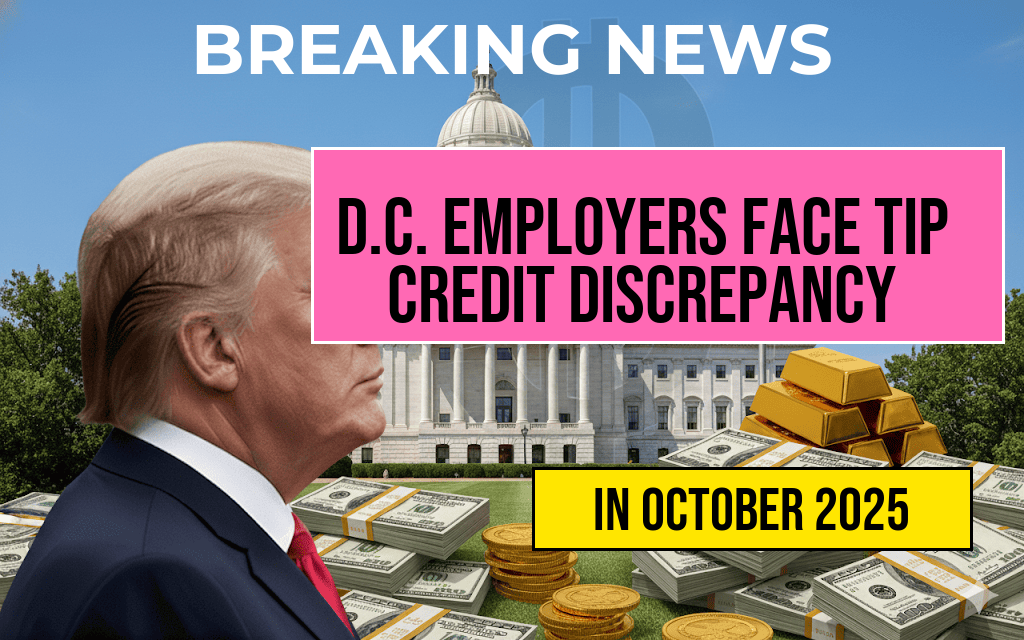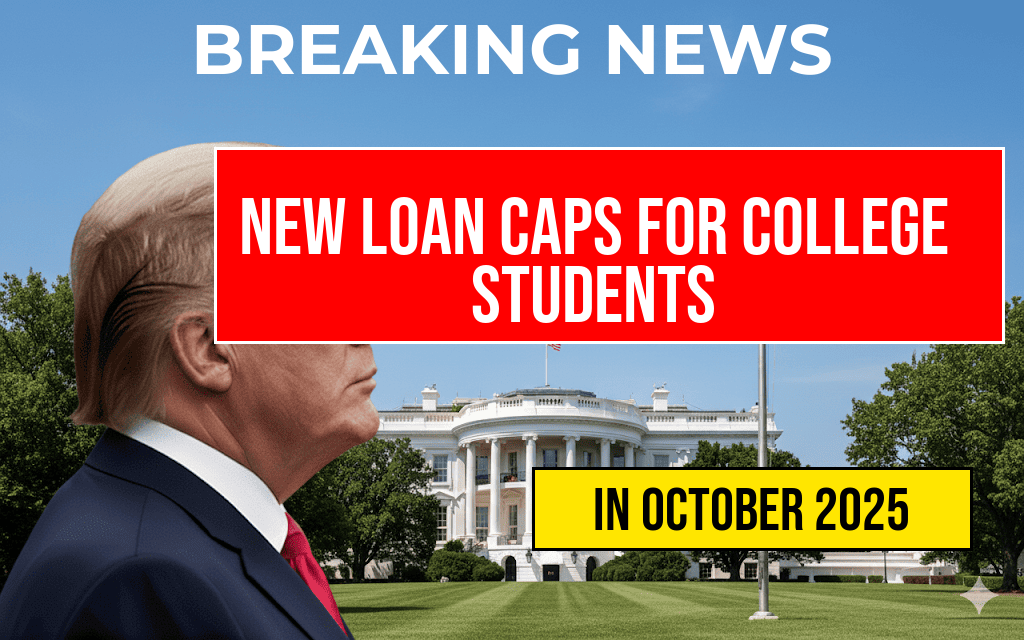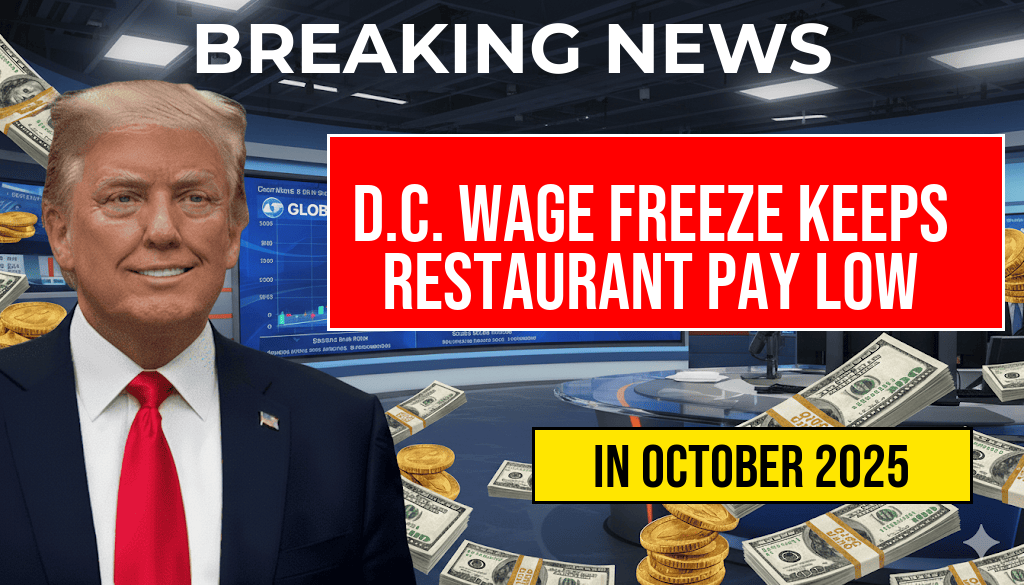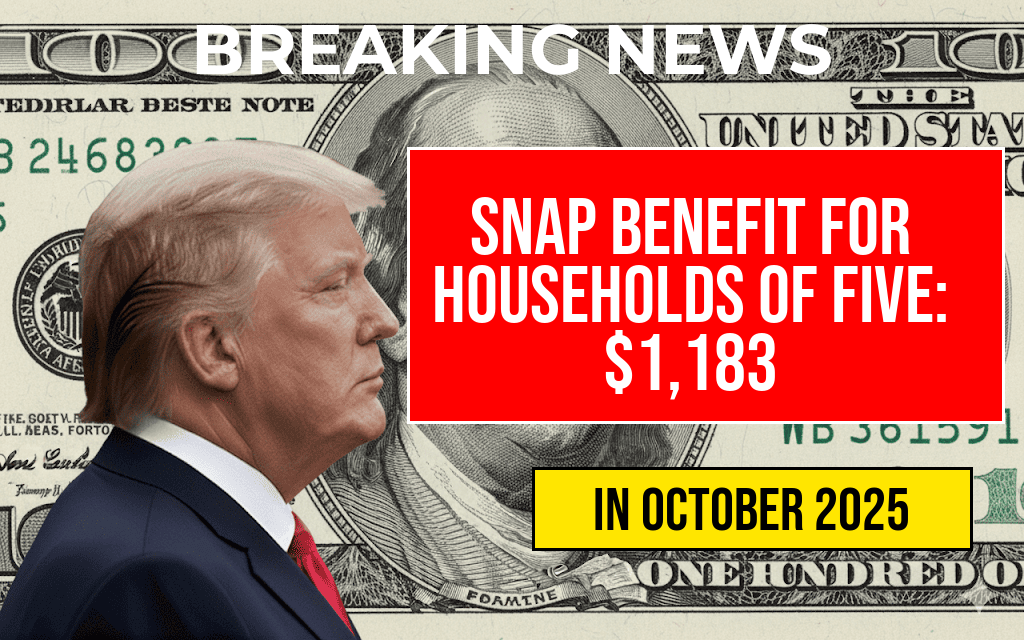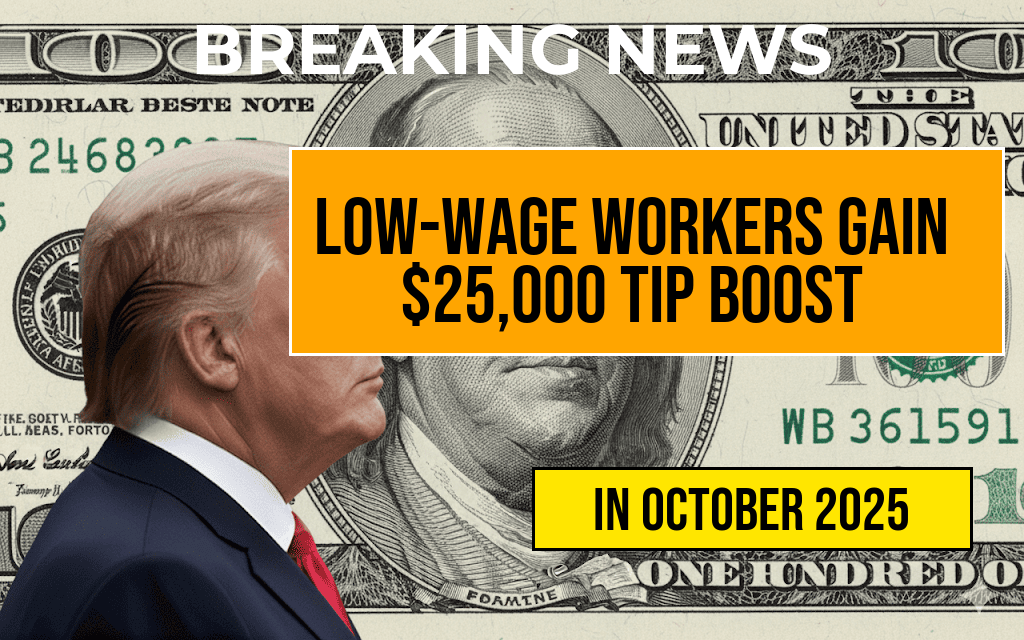Employers in Washington, D.C. are grappling with a significant wage issue as the city’s minimum wage reaches $17.95 per hour, creating a $0 discrepancy with the existing tip credit. This situation has emerged as a pressing concern for businesses that rely on tipped employees, such as restaurants and bars. The tip credit system allows employers to pay a lower base wage, provided that tips from customers make up the difference to meet the minimum wage. However, the recent increase in the minimum wage has raised questions about the viability of maintaining this system without financial repercussions for employers. As businesses navigate this regulatory landscape, the implications for both employers and employees are profound, prompting discussions around fair compensation and the sustainability of the tip credit model.
The Current Landscape of Wages in D.C.
The District of Columbia has been at the forefront of progressive wage policies, consistently increasing its minimum wage to keep pace with rising living costs. Effective from July 1, 2023, the minimum wage was raised to $17.95 per hour. This adjustment affects a range of industries, but the hospitality sector is particularly vulnerable due to its reliance on a tip-based income structure.
Understanding the Tip Credit System
The tip credit allows employers to count a portion of employees’ tips towards meeting the minimum wage requirement. In D.C., the current tip credit is $5.55 per hour, meaning employers can pay tipped employees a base wage of $12.40 per hour, as long as combined earnings from tips and wages reach the minimum wage of $17.95. With the minimum wage increase, the gap between the tip credit and the minimum wage has effectively closed, presenting challenges for employers.
The Financial Implications for Employers
With the tip credit remaining unchanged while the minimum wage increases, employers are now facing potential financial strain. Many businesses are questioning whether they can sustain their current compensation models without raising prices or cutting staff. Some of the key concerns include:
- Increased Labor Costs: Employers may need to adjust wages for tipped employees to ensure compliance with the new minimum wage.
- Impact on Pricing: To offset increased labor costs, some businesses might increase menu prices, which could deter customers.
- Employee Morale: Changes in compensation structures can affect employee satisfaction and retention, particularly if workers feel their tip earnings are jeopardized.
Responses from the Hospitality Industry
The hospitality industry has been vocal about the challenges posed by the new wage structure. Some restaurant owners express concern that the current wage model may become unsustainable. For instance, John Doe, a local restaurant owner, stated, “We want to provide fair wages for our staff, but with the increasing cost of doing business, it’s becoming increasingly difficult to maintain that balance.”
Others argue that a complete overhaul of the tip credit system is necessary to protect both workers and employers. Advocates for labor rights suggest that eliminating the tip credit altogether could lead to more stable wages for employees, while allowing businesses to operate more predictably.
Potential Solutions and Future Outlook
As the debate continues, several potential solutions are emerging. Some proposals include:
- Adjusting the Tip Credit: Modifying the tip credit to reflect the increased minimum wage could provide a temporary relief for employers.
- Implementing a Tiered Wage System: A structure that allows for different minimum wage levels based on job types or regions may help balance wage disparities.
- Increasing Public Awareness: Educating customers about tip-based compensation may encourage better tipping practices, potentially benefiting workers.
The D.C. Council is poised to address these concerns in upcoming sessions, as the economic ramifications of the current wage structure become more apparent. Stakeholders are hopeful that a collaborative approach will yield solutions that benefit workers and employers alike.
Conclusion
The $0 discrepancy between the tip credit and the new minimum wage in Washington, D.C. highlights the complexities of labor compensation in a rapidly changing economic environment. As businesses adapt to these changes, the conversation around fair wages and the future of the tip credit system will likely continue to evolve. For more information on labor laws and wage policies, visit U.S. Department of Labor or read more on the Minimum Wage on Wikipedia.
Frequently Asked Questions
What is the minimum wage for employers in D.C.?
The minimum wage for employers in D.C. is currently set at $17.95 per hour.
How does the tip credit system work in D.C.?
In D.C., the tip credit allows employers to pay a lower base wage to employees who receive tips. However, this must not result in a total compensation that is less than the minimum wage.
Why is there a $0 discrepancy between the tip credit and the minimum wage?
The $0 discrepancy indicates that the sum of the tip credit and the base wage equals the minimum wage of $17.95, meaning employers cannot pay less than this total to tipped employees.
What happens if an employer pays less than $17.95?
If an employer pays less than $17.95, they may be violating labor laws, which could lead to legal repercussions and penalties.
Are all employees in D.C. subject to the same minimum wage rules?
While most employees in D.C. are subject to the minimum wage laws, there are specific exemptions, such as certain tipped employees, which are governed by the tip credit regulations.

